From Molecules to Organisms: Structures and Processes
-
 Chemistry
ChemistryBanana plant extract can slow how fast ice cream melts
Food scientists now show that adding these tiny plant particles to ice cream may delay the rate at which this treat melts into a soupy mess.
-
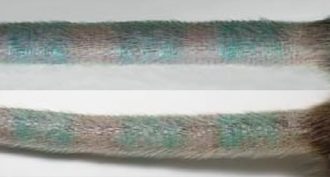 Life
LifeInked mice hint at how tattoos live on
Tattooed mice challenge our current understanding of how tattoos stay in humans.
By Dan Garisto -
 Materials Science
Materials ScienceLight could make some hospital surfaces deadly to germs
A new surfacing material can disinfect itself. Room lighting turns on this germ-killing property, which could make the material attractive to hospitals.
-
 Chemistry
ChemistryCool Jobs: Diving for new medicines
Scientists mix research with underwater adventure as they search the oceans for new chemicals to treat infections, cancer and more.
-
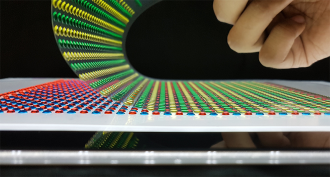 Tech
TechThis power source is shockingly eel-like
The electric eel’s powerful electric charge inspired this new squishy, water-based new approach to generating power.
-
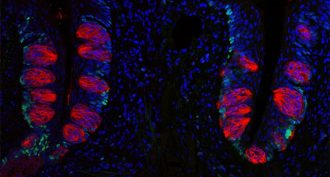 Health & Medicine
Health & MedicineObesity makes taste buds disappear — in mice, anyway
Mice that gained excessive weight on a high-fat diet also lost one in four taste buds.
-
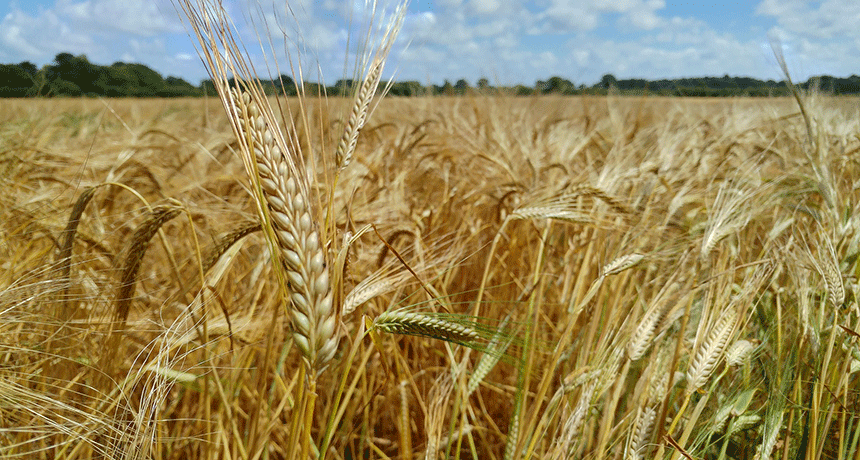 Climate
ClimateAnalyze This: Climate change could make food less healthy
Levels of important nutrients are lower in crops exposed to high levels of carbon dioxide, a greenhouse gas. How high? Try levels expected to be typical 30 years from now.
-
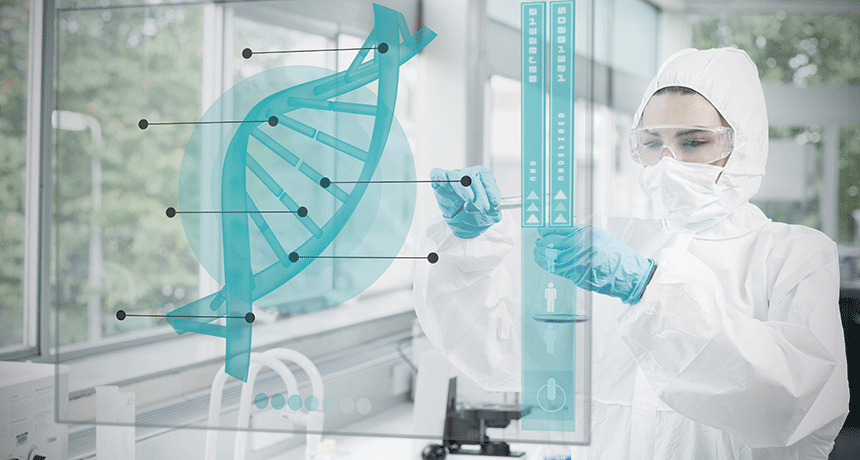 Genetics
GeneticsExplainer: DNA hunters
Snippets of DNA can be left behind by a passing organism. Some researchers now act as wildlife detectives to identify the sources of such cast-off DNA.
-
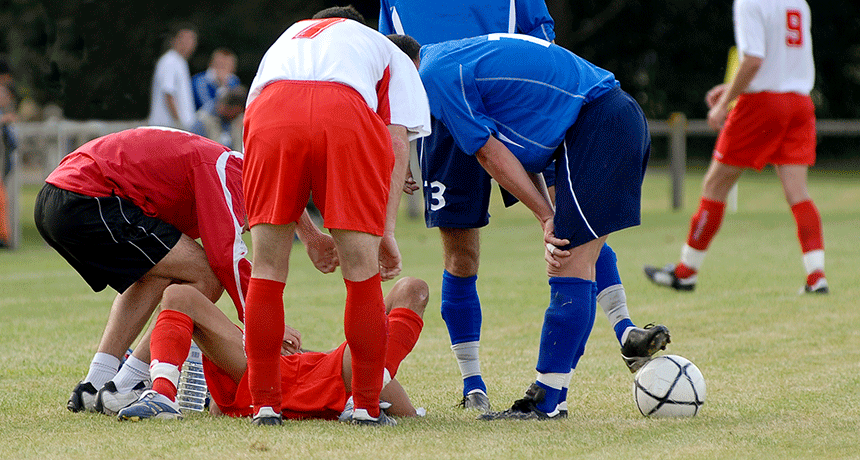 Health & Medicine
Health & MedicineExplainer: What is a concussion?
A concussion is a severe type of head injury that can damage a brain for weeks to years — perhaps even a lifetime.
-
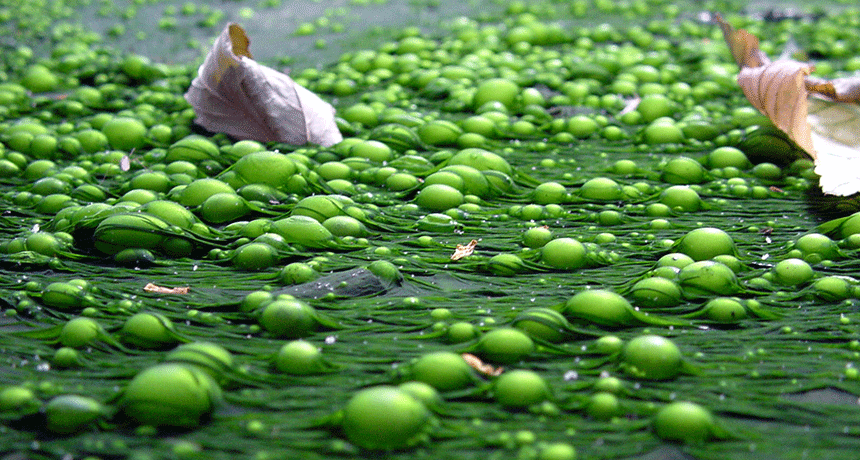 Plants
PlantsExplainer: The fertilizing power of N and P
Two elements — nitrogen and phosphorus — help plants grow. When the soil doesn’t have them, farmers might add them in the form of fertilizer.
-
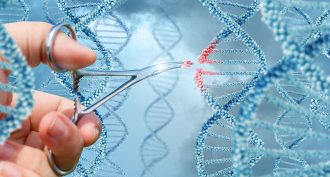 Genetics
GeneticsExplainer: Why scientists sometimes ‘knock out’ genes
How do we learn what a particular molecule does in the body? To find out, scientists often 'knock out' the gene that makes it. Here’s how.
-
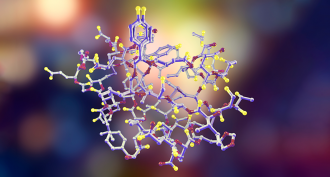 Health & Medicine
Health & MedicineExplainer: What is a hormone?
Various tissues secrete special chemicals, known as hormones. They travel, usually in blood, to a particular distant site where they tell certain cells it’s time to go to work.
By Janet Raloff